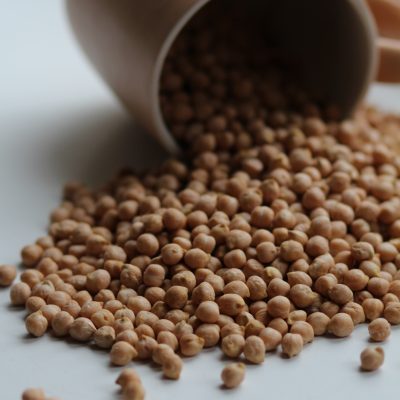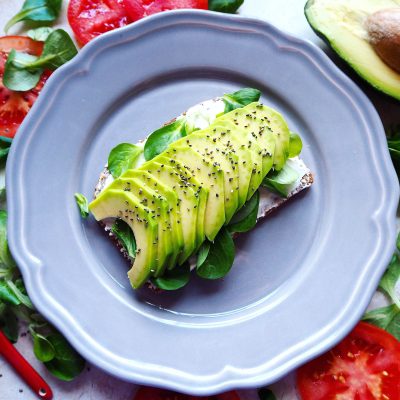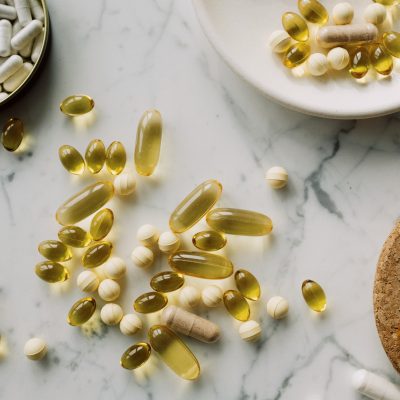With the rise of the fitness industry on social media came all-new fad diets, quick tips on how to lose weight, and all kinds of supplements and nutrition “hacks”. Now, all these new gadgets, gizmos, and whatnot may work for some people, but the question remains. Is it sustainable for your long-term fitness plan?
Here at Bent On Better, we see eating as not only a form of enjoyment. We see it as fuel for your life and energy for your soul. If your goal is to lose weight but have no idea how to balance your nutrition, let us give you a run-down of all the things you need to know (and even things you need to forget) about the food you eat.
First Things First: You Have to Stay Hydrated

Water plays a vital role in ensuring whatever nutrients you ingest are delivered smoothly throughout your body. It’s essential when doing compound lifts since your muscles will also need more water to move freely.
One mistake members make when starting a new program is immediately weighing themselves after a workout and then realizing they gained more than they lost. What we have to say is, “Do not get discouraged!” Usually, within the first week or two of training, you might notice a gain in water weight, but it’s not an indicator that you are doing something wrong. Water is there to ensure your body can function so much better.
Let the water in your body do its thing to keep nutrients flowing and keep you hydrated while consistently doing your workouts. Soon enough, when you examine your inner body composition, you’ll notice a decrease in body fat and be one step closer to your goal!
If you want to read up on how getting the right amount of fluid intake can affect your efficiency in training, we recommend Dr. Sandy Fowkes Godek’s work on Providing Athletes with Independent and Unbiased Information about Thermoregulation and Fluid and Electrolyte Balance at West Chester University’s HEAT Institute.
Learn more about how to keep yourself hydrated on our “The Importance of Water” blog post.
Adding Protein Can Make a Huge Difference!

As we know it today, protein is one of the most raved-about nutrients in the fitness industry. So much so that all sorts of shakes and snacks have protein as their main selling point. It comprises amino acids that serve as a building block for your muscles and overall body.
But why is protein so important? For those trying to lose weight, having protein in your diet can be satiating in a way that can stop you from binge eating. For example, if you’re someone who only eats a bowl of chips and wine for dinner, but that bowl of chips might be piled up way too high since you’re still not satisfied, we recommend adding a hard-boiled egg in the mix.
If you’re someone who doesn’t eat animals or animal by-products, there are plenty of plant-based protein sources as well! One misconception about plant-based proteins is that they are “incomplete” when in fact, plants are a complete protein source; it’s just a matter of the quantity you’re taking. For example, rice and

beans each have specific amino acid profiles that are incomplete separately but can be completed when you consume both simultaneously.
So whether you eat meat or prefer to go plant-based, covering your bases with the right amount of amino acids from protein can help repair your body, aid in muscle recovery, and improve immune function.
We go even deeper about the benefits of protein and different protein sources in our “Why You Should Eat More Protein” blog post.
The Misconceptions Around Fat
Everyone is afraid of fat to the point where the words “body fat” can make people question their very value. Well, we’re here to tell you that you don’t have to be afraid of fat. In fact, “body fat” is still an essential component of our body since it is mainly stored energy.
Fat doesn’t just help make sure you have enough energy to move throughout the day; it can also help fill you up and regulate your hormones. Everyone needs body fat to survive and it will only be “bad” if consumed excessively.

Another misconception surrounding “fat” is the boom of Avocado Toast. Fitness influencers have raved about how this “healthy” breakfast food can be a complete protein source, but it’s high in fat and carbs. Because of this and many other fad diets, the American diet, as we’ve observed, has an imbalance with using monounsaturated fat and polyunsaturated fat. The issue with gaining too much body fat isn’t only caused by the amount of fat you eat, but also the kind of fat you consume.
To read more about the different types of fats and how you can incorporate the right amount of fat into your diet, we recommend giving our blog post “All About Lipids: Fats and Oils” a read.
Getting the Right Carbohydrates
Another nutrient that people also seem to be afraid of is carbohydrates. In actuality, carbs provide your body with energy. Just like both fat and protein– not all carbs are created equal. They will only be considered unhealthy when taken excessively.
We go deeper into the benefits and different sources of carbohydrates in our blog post, “Why Should I Eat Carbs?”
Listen on Spotify:
Supplement Your Lifestyle
Protein and supplements go hand in hand in the diet market as some of the most oversold items in the fitness industry, but what are supplements and do you really need them?
Just like the name suggests, supplements are meant to supplement your pre-existing diet, meaning adding nutrition for when you’re lacking. By no means is it meant to become a replacement for real food, and it takes proper research on your end before you can discover which kind works the best for you.
Remember that what you’re being sold may not be what you need for the long term. You need to make sure that your supplements add to your lifestyle and not remove from it. If you’re unsure about a specific ingredient in the supplements you’re taking, always talk to your physician first.
CONCLUSION:
Our goal is always to create a sustainable fitness plan for our members. In a way, we want you to create a “Forever” plan instead of a “For Now” plan and it doesn’t have to be all or nothing. Think about the signals that you are sending to your body when you deprive it of the nutrients it needs to function. You have to remember that you can only improve your health if you change how you think about losing weight.
“Where we stand here at Bent On Better and as nutrition coaches, it’s important to prioritize all these factors: hydration, protein, fats, carbohydrates, and if you want to have alcohol in there, it’s fine too. Just know that there’s a right place and time for everything. If your goal is to see sustainable changes in the long term then it’s not a matter of just cutting things off completely, it’s a matter of being more mindful about them.” – Matt April, Fitness Coach and CEO at Bent On Better
Watch the video here:
